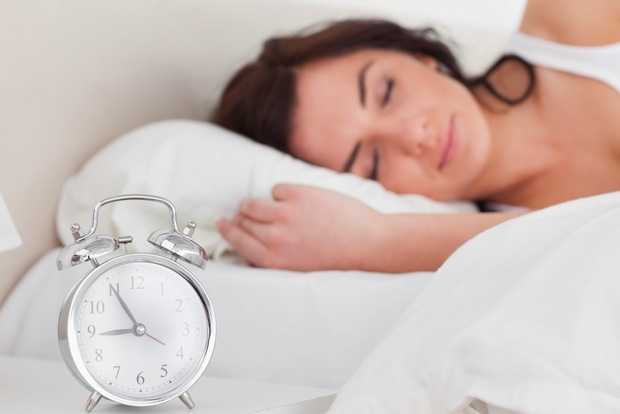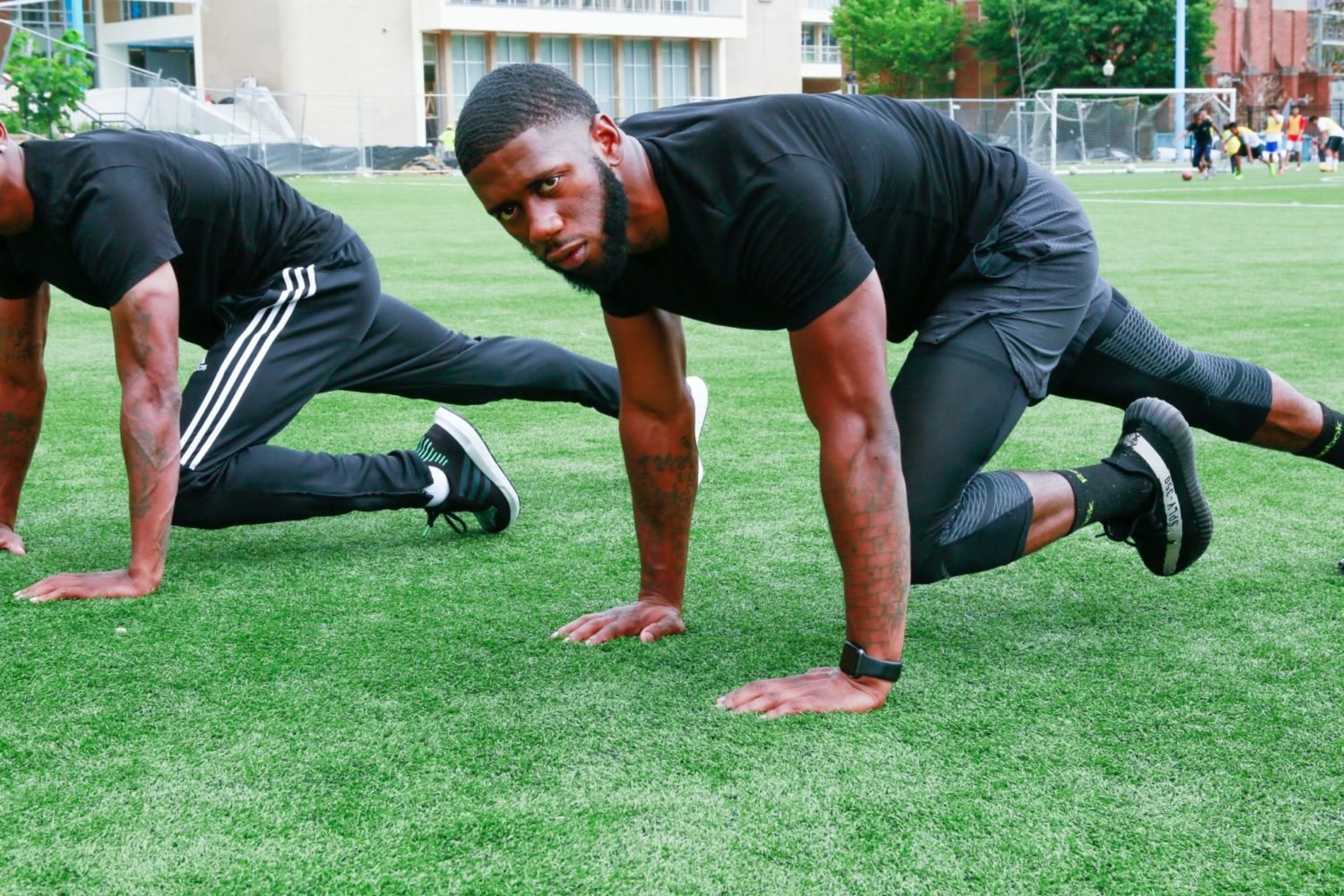Results from a poll conducted by the National Sleep Foundation in DC suggest that people who exercise sleep better, while non-exercisers are more likely to be at risk of insomnia and the serious medical condition sleep apnea.
“For the millions of people who want better sleep, exercise may help,” said David Cloud, the foundation’s CEO, in a statement.
The foundation, which polled 1,000 adults between the ages 23 and 60, found that a majority of self-described exercisers reported having had a good night’s sleep in the past two weeks. By contrast, 50 percent of non-exercises said they woke up during the night, and almost a quarter said they had trouble falling asleep nearly every night.
The study also found that contrary to popular belief, the time of day one exercises doesn’t affect sleep quality. While the longstanding notion was that exercising closer to bedtime may prevent one from falling asleep quickly, the poll found no difference in sleep quality between those who exercised early in the day and those who exercised at night.
Also noteworthy was that both vigorous and light exercisers reported good sleep quality, although those who exercised vigorously reported the best sleep. “If you are inactive, adding a ten-minute walk every day could improve your likelihood of a good night’s sleep,” said Mike Hirshkowitz, the chair of the poll task force. “Making this small change and gradually working your way up to more intense activities like running or swimming could help your sleep better.”
Those who did not exercise were more likely to be at risk of sleep apnea, a medical condition that has been associated with heart disease and stroke. More than four in ten non-exercisers were at moderate risk of the condition, compared with 19 percent of vigorous exercisers.
“People with sleep apnea are often overweight,” explained poll task force member Christopher Kline. “Exercise can be part of the treatment.”


















